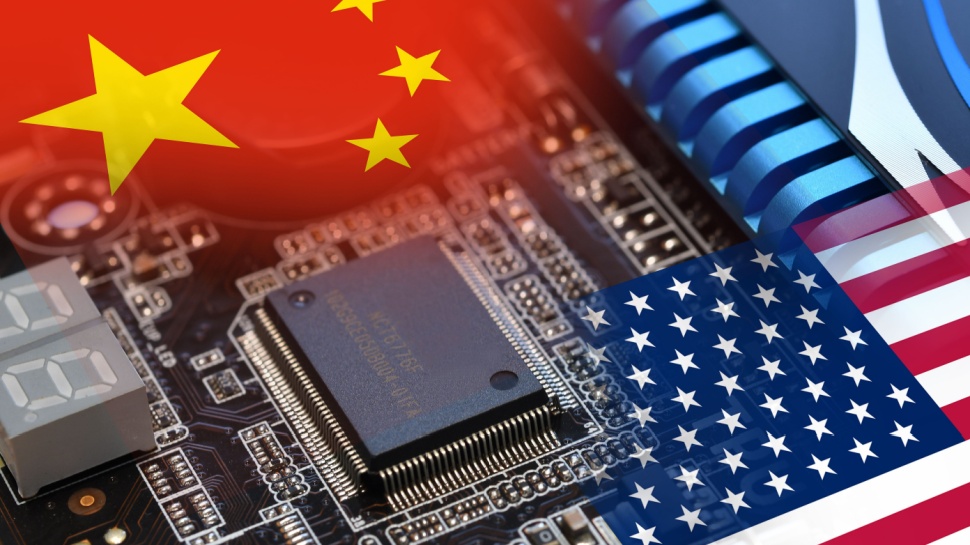PC makers are planning plants in Saudi Arabia to try and avoid US tariffs
Lenovo is already preparing to move to Saudi Arabia by 2026

- Lenovo plans to start production in Saudi Arabia by 2026
- The biggest benefit is 10% vs. 245% reciprocal tax
- US PC market is 27% of global market
Major PC makers like Lenovo, HP and Dell are reportedly exploring building new manufacturing plants in Saudi Arabia in order to avoid high US tariffs on Chinese-made goods.
A new report by DigiTimes (via Tom's Hardware) said Lenovo looks to be the furthest alone, having announced a PC and server assembly plant in Riyadh in January this year, backed by a $2 billion investment from a Saudi Public Investment Fund subsidiary.
With production set to start by 2026, the Hong Kong-based OEM's plans would see it open a new Middle East and Africa (MEA) headquarters in Saudi Arabia, "[enhancing] its global presence."
Using Saudi Arabia to avoid Chinese tariffs
DigiTimes says HP and Dell have also sent teams to Saudi Arabia to scout out potential factory sites following local government invitations.
The biggest attraction for manufacturers to relocate to Saudi Arabia are the 10% reciprocal tariffs, compared with 245% for China.
Having a base in Riyadh would also enable the likes of Lenovo, HP and Dell to have better access to the MEA markets – a factor acknowledged by Lenovo.
In 2024, Lenovo shipped 11,872 desktops and notebooks to the US, making it the third-biggest in terms of volume with a 17.2% market share, behind Dell (22.8%) and HP (25.3%).
Are you a pro? Subscribe to our newsletter
Sign up to the TechRadar Pro newsletter to get all the top news, opinion, features and guidance your business needs to succeed!
With 69,210 PCs sold across the US last year, the country accounted for 27% of all global PC shipments, highlighting the nation's buying power.
Lenovo, HP and Dell aren't the only companies looking to get out of China to reduce costs. TSMC and Apple recently announced their own manufacturing investments within the US, spanning production, R&D, training and more.
However, the PC market's immediate future remains uncertain. "In addition to the direct impact of tariffs, the stop-start nature of announcements and delays have cast uncertainty around pricing for consumer electronics this year," Canalys Analyst Greg Davis explained.
You might also like
- Need an upgrade? These are the best business laptops and best mobile workstations
- Chinese tech companies want to enter the US market despite trade and tariff war
- For something with more power, consider the best workstations
With several years’ experience freelancing in tech and automotive circles, Craig’s specific interests lie in technology that is designed to better our lives, including AI and ML, productivity aids, and smart fitness. He is also passionate about cars and the decarbonisation of personal transportation. As an avid bargain-hunter, you can be sure that any deal Craig finds is top value!
You must confirm your public display name before commenting
Please logout and then login again, you will then be prompted to enter your display name.
